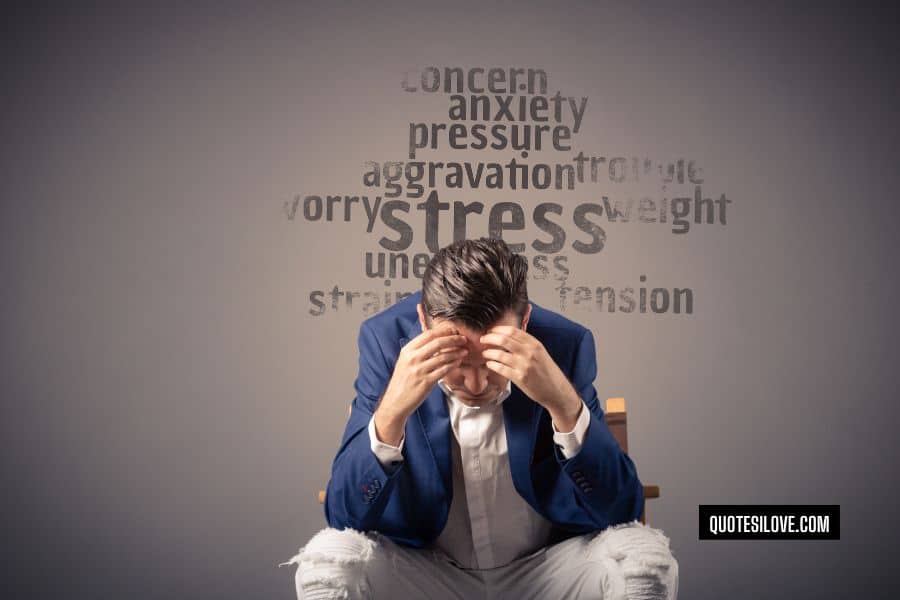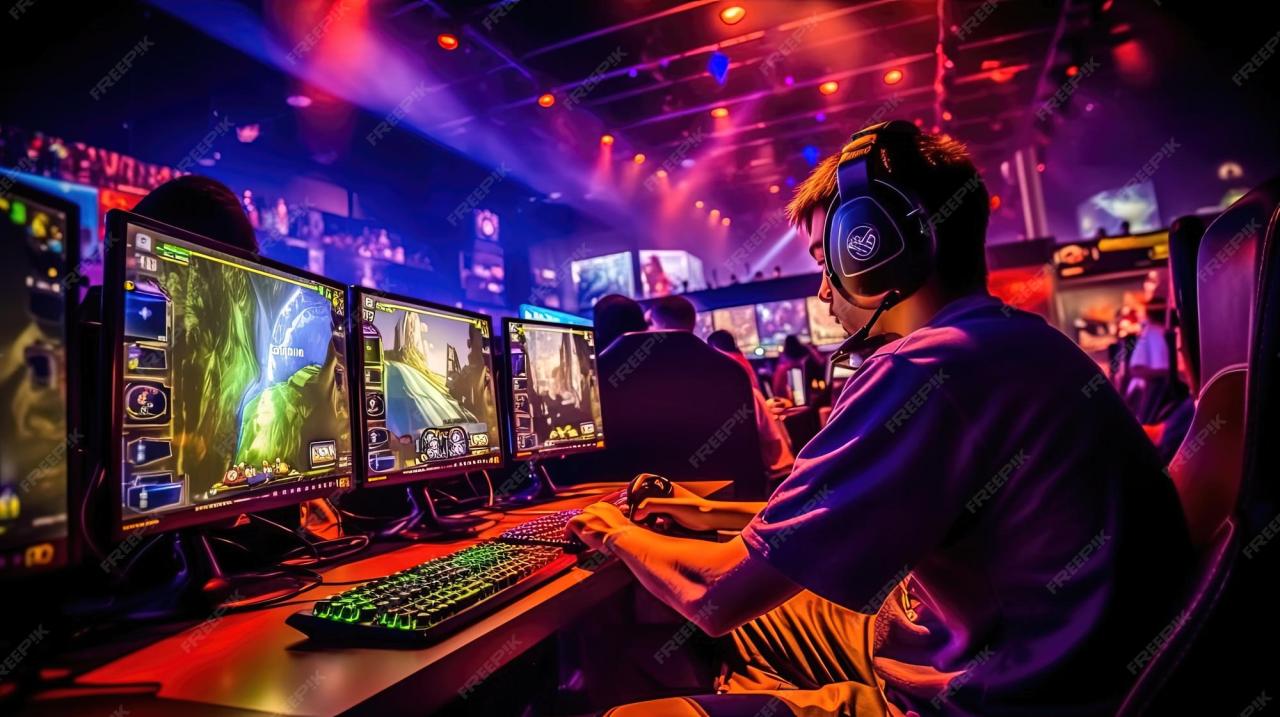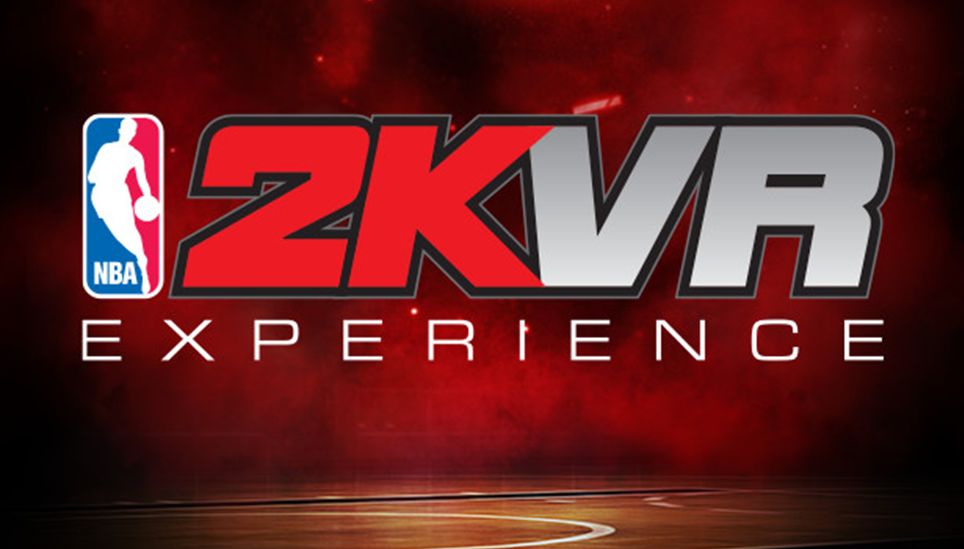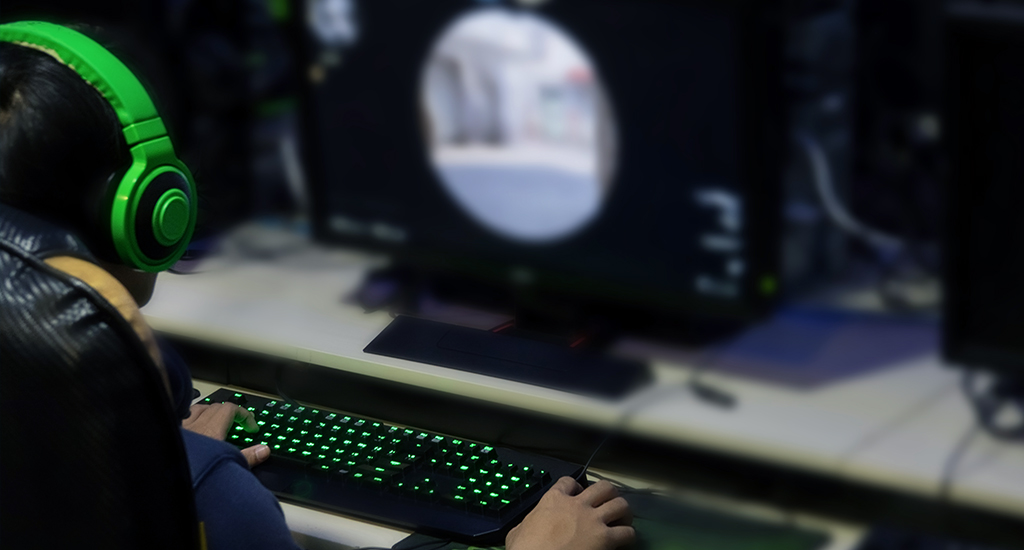The Psychology of Competitive Gaming: Staying Focused Under Pressure dives into the intriguing world of gaming psychology, exploring how players maintain their composure and focus in high-stress environments. With the rise of e-sports and competitive gaming, understanding the mental strategies that enable gamers to perform under pressure becomes essential. This discussion not only uncovers the psychological tactics used by elite players but also emphasizes the importance of mindset and preparation in achieving success.
This exploration reveals how competitive gamers harness their mental faculties to remain calm and collected, even when the stakes are high. From the science behind concentration to practical techniques for managing anxiety, this topic offers valuable insights into the inner workings of a gamer’s mind.
Traveling is often described as one of the most enriching experiences one can have. It broadens our horizons, allows us to learn about new cultures, and helps us create unforgettable memories. Whether it’s a spontaneous weekend getaway or a meticulously planned trip to a far-off land, the thrill of exploring new places never goes out of style. In this post, we’ll delve deep into why traveling is not just an activity but a transformative experience.
The Adventure Begins: Choosing Your Destination: The Psychology Of Competitive Gaming: Staying Focused Under Pressure
Choosing where to go can be the first adventure in your travel journey. Do you crave the sun-soaked beaches of the Caribbean, the historical charm of European cities, or the rugged landscapes of national parks? Each destination offers a unique flavor of exploration. For instance, if you’re a history buff, a trip to Rome can be like walking through a living museum. Or if you prefer natural beauty, the breathtaking views in the Swiss Alps could be your ideal escape. The possibilities are endless!
Planning the Perfect Itinerary
Once your destination is set, it’s time to plan your itinerary. This part can either be fun or stressful, depending on how you approach it. Start by listing down the places you want to visit, but remember to leave room for spontaneity. Some of the best travel experiences come from unplanned adventures. A stroll through a quaint alley or a local market can lead to encounters that no guidebook can offer.

Cultural Immersion: Learning from Locals
One of the greatest joys of traveling is immersing yourself in the local culture. Whether it’s trying out traditional dishes or participating in local festivals, these experiences can be incredibly enriching. Engaging with locals can provide insights that you won’t find in travel guides. Don’t be shy! Strike up a conversation, ask about their way of life, and you might just make a friend for life.
Traveling Solo vs. Group Travel
Traveling solo can be a liberating experience. It allows you the freedom to go wherever you want, whenever you want. You can create your own schedule, make decisions on a whim, and truly discover yourself in the process. However, group travel also has its perks. Sharing experiences with friends or family can deepen your bonds and create shared memories that you’ll cherish forever. Each mode of travel has its own unique benefits, so it’s worth considering what suits your personality and travel goals best.
Documenting Your Journey
In today’s digital age, documenting your travels has never been easier. Whether it’s through photography, writing a travel blog, or posting on social media, sharing your experiences can enrich your journey. Not only does it allow you to relive your memories later, but it also inspires others to embark on their own adventures. Just remember to be present in the moment; sometimes the best memories are the ones that aren’t captured on camera.
The Importance of Travel Etiquette
As travelers, it’s crucial to be respectful of the cultures and environments we visit. This means practicing good travel etiquette—be mindful of local customs, try to learn a few key phrases in the local language, and always be respectful of sacred sites. By doing so, you contribute positively to the places you visit and help preserve their beauty and integrity for future travelers.
Post-Travel Reflection: What Did You Learn?
After returning home, it’s common to experience a phenomenon known as post-travel blues. You might find yourself longing for the adventure and excitement you just experienced. However, this is also a perfect time to reflect on what you’ve learned during your travels. Did you discover a new passion? Did you gain a fresh perspective on life? These reflections can shape your future choices and help you grow as a person.
Traveling Responsibly
As we continue to explore the world, it’s essential to consider our impact on the environment and local communities. Responsible travel involves making choices that minimize negative effects, such as choosing eco-friendly accommodations, supporting local businesses, and being conscious of your carbon footprint. Every small action counts, and by traveling responsibly, we can help ensure that the beauty of our planet remains for future generations to enjoy.
Conclusion: The World Awaits
Traveling is more than just visiting new places; it’s about experiencing life in its fullest form. From the thrill of adventure to the lessons learned along the way, each journey leaves us with stories to tell and memories to cherish. So, whether you’re planning your next trip or dreaming about distant lands, remember that the world is full of wonders waiting to be explored. Adventure is out there—go find it!
FAQ Corner
What are common mental strategies used by gamers?
Gamers often utilize visualization, mindfulness, and self-talk to enhance their performance and stay focused.
How does stress affect gaming performance?
High levels of stress can impair concentration and decision-making, leading to poorer performance in games.
Can competitive gaming lead to mental health issues?
Excessive gaming and pressure to perform can contribute to issues like anxiety and burnout if not managed properly.

What role does teamwork play in competitive gaming?
Teamwork is essential as it fosters communication, strategy development, and shared responsibility among players.
How can players improve their focus under pressure?
Players can improve focus by practicing relaxation techniques, setting clear goals, and maintaining a healthy routine.


